Imagine this: You’ve just graduated from college and are looking for a job.
After some searching, you finally find a promising opportunity. The role seems exciting, the team appears nice, and the company looks great. You accept the offer! Yayyy! You’re employed.
For the next few years, you work hard and climb the corporate ladder, eventually landing an office with a view of the skyline.
However, things have changed: your team, the company culture. Yet, overall, things are going well enough. You're comfortable in your job and don't need to put in much effort.
So, you keep moving forward.
But wait a minute, are you really moving forward? Or are you stuck in a valley, oscillating through your life as each day and night passes? You’re no longer the same person; your priorities have shifted. The job doesn’t excite you anymore, and you’re not happy.
Yet, it is difficult to make a change.
Once our minds are set in a direction, they tend to continue in that direction unless acted upon by some outside force.
Leonard Mlodinow
📉 The Zone of Average: Where Comfort Meets Complacency
Shane Parrish calls it the Zone of Average1.
Zone of average is the point where we passively accept things the way they are.
Cognitive inertia2, the tendency to stick to existing ideas, beliefs, and habits even when they no longer serve us well, plays a major role.
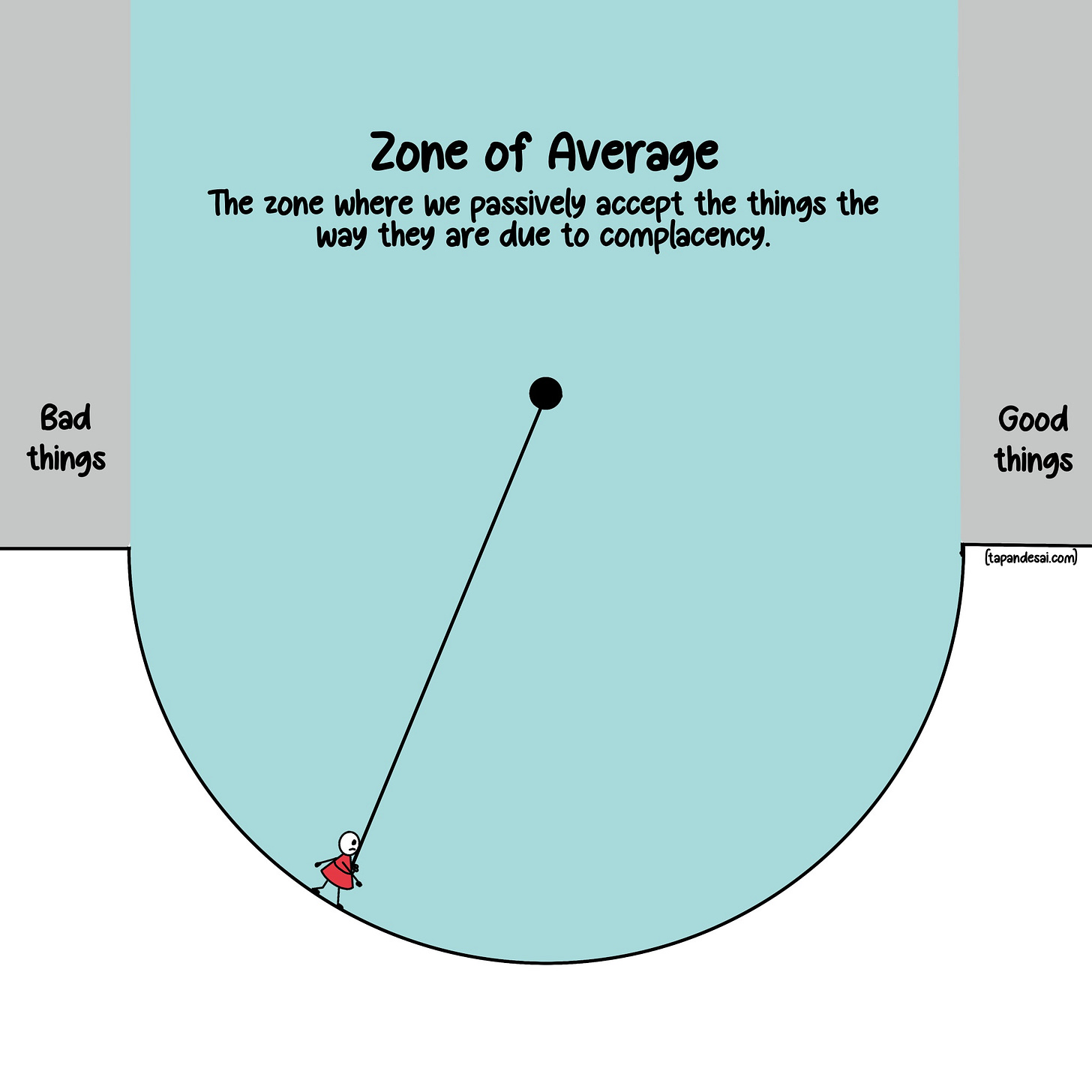
A perfect example of the Zone of Average is staying in a relationship that’s too good to leave but too bad to stay. We hope it will magically get better, but we’re unwilling to put in the work to make it happen.
🚨 Quick sidebar: Enjoying what you're reading? Bet you've got a friend who would too. Share and help me grow this community.
Psttt, they will also get a free copy of my ebook, Framework for Thoughts, when they sign up!
💼 The Comfort Trap of the Zone of Average
Why does this happen? The reason is simple: we know what to expect, and it’s comforting to have our expectations reliably met.
The default behaviour is always the path of least resistance, which is easy to accept and harder to question.
Consider the idea of earning financial stability. What if you could achieve it without toiling away at a 9 to 5? If your real passion lies outside the office, climbing the corporate ladder would be falling prey to cognitive inertia.
Wouldn’t it be better to reduce your expenses by moving to a cheaper city and living more modestly? With lower costs, you could switch to part-time work and pursue your passions.
But do we self-assess? Do we periodically ask ourselves if we’re on the right trajectory in life? We set OKRs and KPIs at work but never in life. It’s much easier to keep doing what we’ve always done than to reflect on the possibility that we might be wrong and update our views.
We don’t realise that working hard without questioning if we’re working on the right things is a sneaky form of laziness. Sure, enjoy the beauty of being in the flow, but don’t get hooked on it.
It takes work to overcome cognitive dissonance, much like trying to ride a bike uphill.
The Zone of Average is dangerous because of this complacency. The longer you avoid the hard thing you need to do, the harder it becomes.
Sometimes you make up your mind about something without knowing why, and your decision persists by the power of inertia. Every year it gets harder to change.
Milan Kundera
🌪️ The Region-Beta Paradox: When Worse Is Better
If things were worse, we would act. But since they’re not terrible, we do nothing and hope they get better. This leads us to the Region-Beta Paradox.
The Region-Beta Paradox is the phenomenon where people can sometimes recover more quickly from more distressing experiences than from less distressing ones. Difficult events can create better outcomes over time.
Essentially, sometimes you’re better off if you’re worse off.
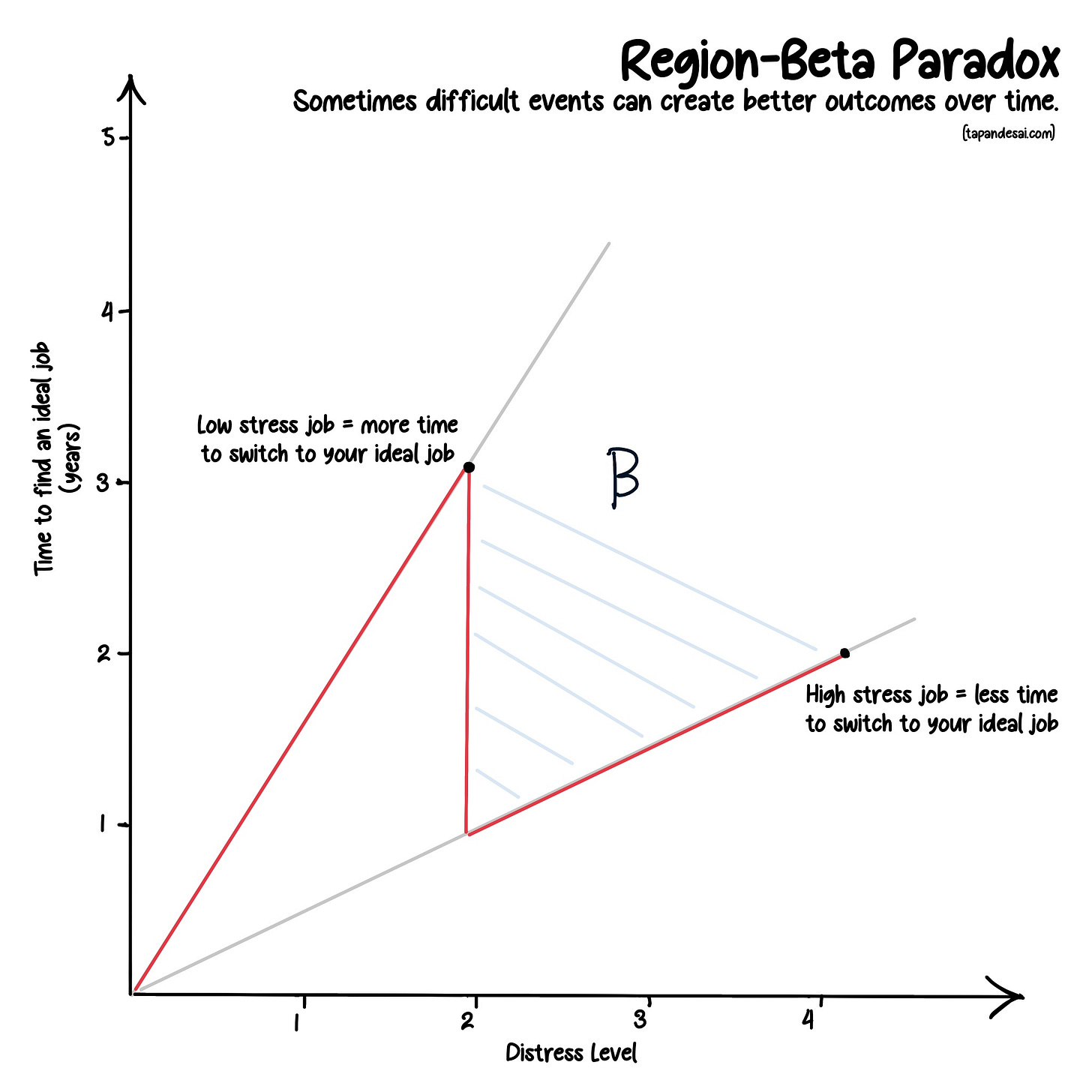
Let's revisit the job scenario where you’re tirelessly working without questioning your direction. This is close to my heart as it is my story.
In NYC, I had a great team and an exciting role. But over time, the job and my personal life became depressing. But I kept at it until my visa expired.
Forced to leave the U.S., I found a job with the same company in the UK. However, this change also allowed me to reassess my life's trajectory.
Within a year, I transitioned to a role at Uber that better aligned with my priorities, pursued my hobbies, and even started this newsletter.
If your job is great today, it’ll probably still be great tomorrow. If it’s just okay today, it’ll likely stay meh. But when it’s downright awful, that’s when we finally take action to make it better.
We act to improve things when they hit rock bottom. But when things are "just not terrible enough," we often do nothing and let them continue as they are.
Good enough is the enemy of great.
💡 Taking Action: Avoiding the Zone of Average
So, what do you do?
You periodically reassess your life’s trajectory and make changes without fear. You make difficult decisions instead of being a victim of cognitive inertia.
Don’t wait for things to hit rock bottom. If something is causing you displeasure, do something about it.
After all, it’s better to admit you walked through the wrong door than spend your life in the wrong room.
Monthly Mulling💡
If you enjoyed this, you might also like my article on mimetic desires. It explains why we imitate others. It can one be one of the reasons we enter the zone of average.
Until next time,
Tapan (Connect with me on Twitter or reply to this email)
Thank you for reading! 🙏🏽 Help me reach my goal of 3,000 readers in 2024 by sharing this post with friends, family, and colleagues! ♥️
Shane Parrish's post on the Zone of Average
Shane Parrish’s article on cognitive inertia

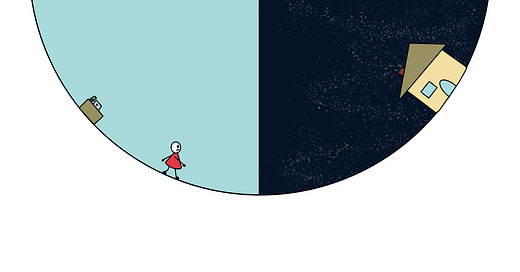


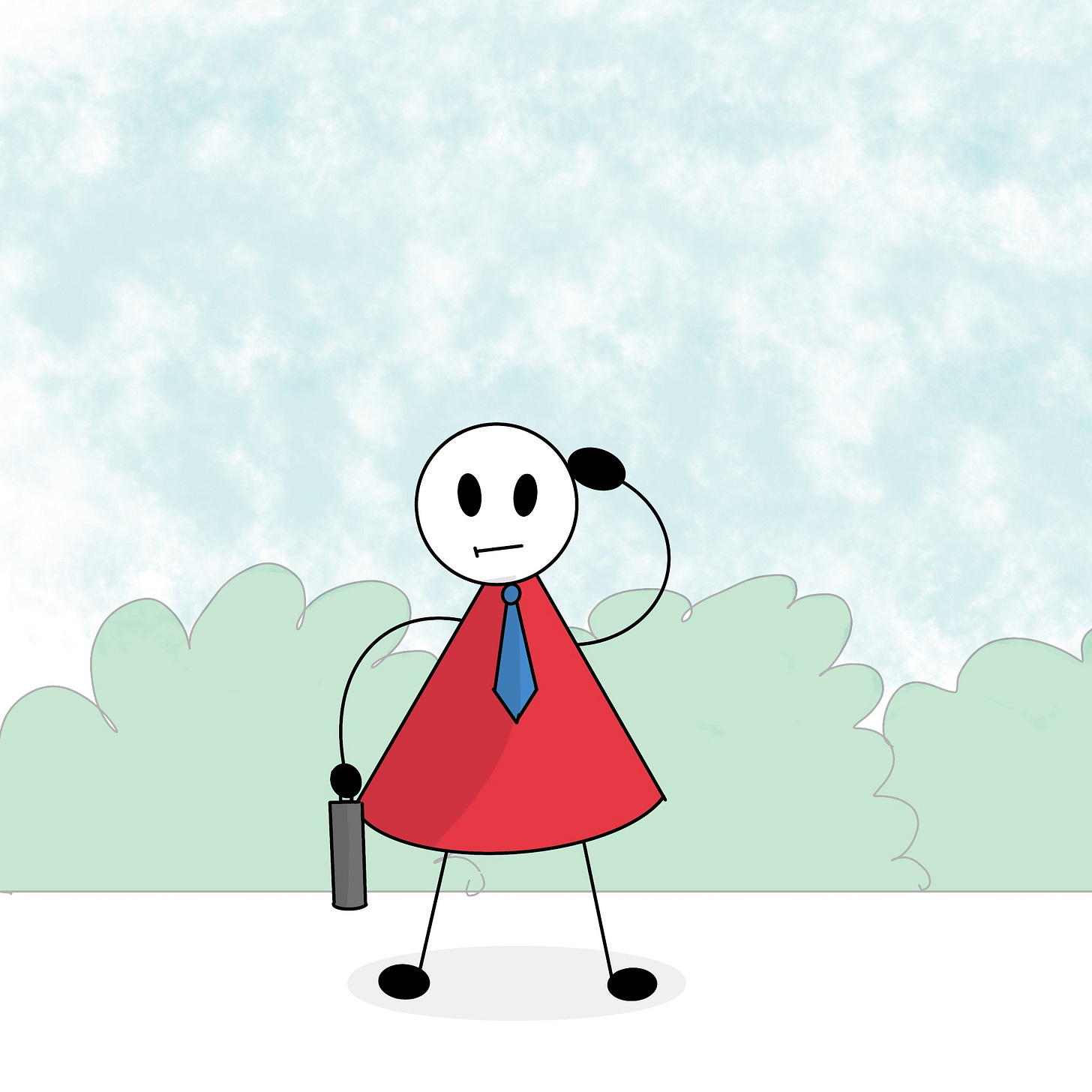

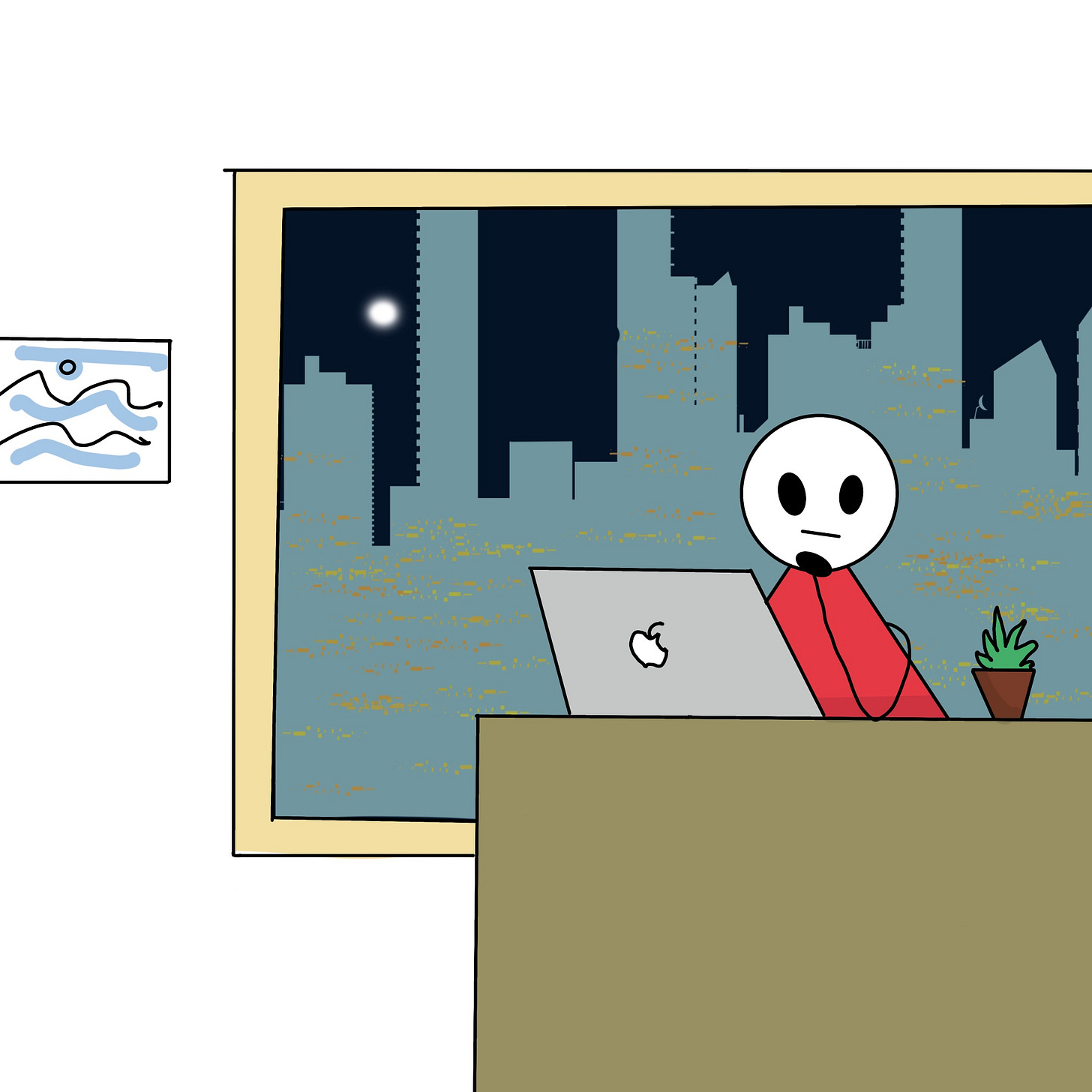

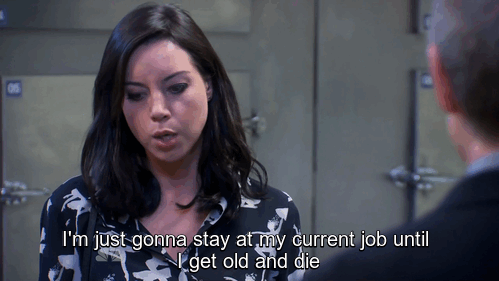
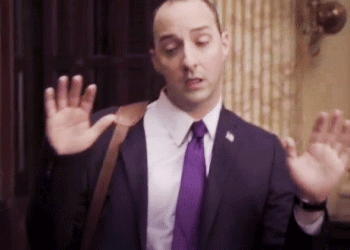

Excellent Tapan, I really enjoyed this, your graphics really add to the explanation's and it was really easy to read. I'm glad you found my article on the subject and mentioned your own. You too have gained a subscriber 😊
Very thought provoking!